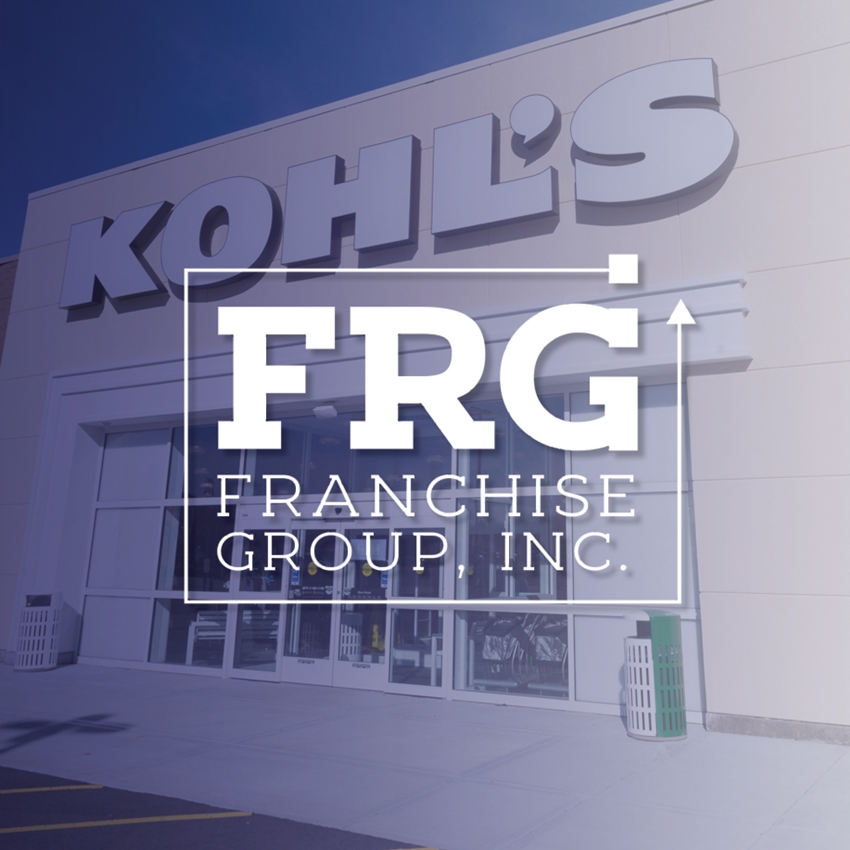In the middle of the barrage of acquisitors for Kohl’s, I wrote Two Real Estate Moguls. Note to Kohl’s: Repel, Repel, Repel. At the time, it was based on my belief that either of the two suitors — Simon Properties and HBC — would ultimately turn Kohl’s into a real estate move. David Simon, CEO of Simon Properties, and Richard Baker, CEO of the Hudson Bay Company, both became billionaires, not because of their retail acumen. They were, and still are mega-wealthy based on their brilliant abilities to unlock the value of retail real estate under the guise that their primary purpose is to re-energize and grow their retail businesses. Under those circumstances, I advised Kohl’s to “repel, repel, repel.”
Now that Kohl’s is close to signing a deal with the Franchise Group, a publicly-traded holding company that acquires and manages mainly franchise companies. Franchise owns brands in various retail industries including American Freight, Buddy’s Home Furnishings, The Vitamin Shoppe, Pet Supplies plus Sylvan Learning, and Badcock Home Furniture. Founded in 2019, it had revenues of $3.3 billion in 2021 and they have a market cap of about $1.5 billion. Their bid is $60 a share, which would value Kohl’s at about $8 billion. Morningstar currently values Kohl’s at just $58 a share; Kohl’s revenue in 2021 was close to $20 billion.
The Good News
Franchise, as a holding company with various unrelated retail businesses in different industries and doesn’t have any great synergies among any of them. I also don’t see any kind of valuable interrelationships for Kohl’s, except perhaps, to carry compatible products from the other entities. I also don’t believe that the corporate management group can add any strategic value to Kohl’s, which is the good news. Because, as I have written, I believe Michelle Gass and the team have a long-term strategy that if given the time and capital to implement, Kohl’s could accelerate on a profitable growth trajectory.
The Bad News
Franchise Group intends to pay the $8 billion price by borrowing $1 billion, then financing the rest using Kohl’s extensive real-estate holdings as collateral. Whoa! Have we seen this before? Leverage the assets for debt so the investor doesn’t have to invest a ton of cash. The problem for Kohl’s is that to roll out their winning strategies, they need the cash. Therefore, the debt will stall their move forward because their cash flow will be used to pay down the debt. Catch 22. S&P Global Ratings put Kohl’s on a negative CreditWatch following the announcement and says that if the deal goes through, it’s likely S&P would lower its ratings on Kohl’s. The deal “would leave Kohl’s more leveraged with less asset protection from its valuable real estate,” CreditWatch says.
Franchise Group brings nothing to Kohl’s table strategically. It has no relevant experience and cash capacity. This deal will likely require Kohl’s to sell and lease back much of its real estate which will then burden the enterprise with rent expenses that it has never had to shoulder before.
Mark Cohen, Director of Retail Studies at Columbia Business School, who has held senior positions in major retail companies, notably as CEO of Sears Canada, made these observations about activist acquisitions: “The activist playbook on retail acquisitions shows mostly failures – something which intelligent investors have to take into account at some point. History bears it out: Retailers acquired by entities with no relevant experience fail. Retailers who are acquired through the use of excessive leverage fail. Retailers who are forced to sell off assets to manage excessive leverage fail. This is the same-old/same-old movie with the inevitable same-old/same-old crappy ending.”
He continues, “This Franchise Group brings nothing to the table strategically. It has no relevant experience and cash capacity. This deal will likely require Kohl’s to sell and lease back much of its real estate which will then burden the enterprise with rent expenses that it has never had to shoulder before. Turning Kohl’s stores into a franchise operation? I don’t think so. Load the enterprise up with debt and rent expenses, and what do you have? As I said same-old/same-old crappy movie with the same-old/ same-old crappy ending.” That said, Cohen believes, “The company’s current strategy is not sufficiently robust to keep it viable let alone create substantially better performance than Gass has been capable of delivering.”
Taking the Longview
I will close by repeating what I have said before. If the sale and leaseback of the stores do not steal the capital required for Kohl’s to implement their strategies, and if Gass and the team are not disrupted for any reason by the holding company in the implementation of their plan, I believe Kohl’s can find a path to sustainable and profitable growth.




